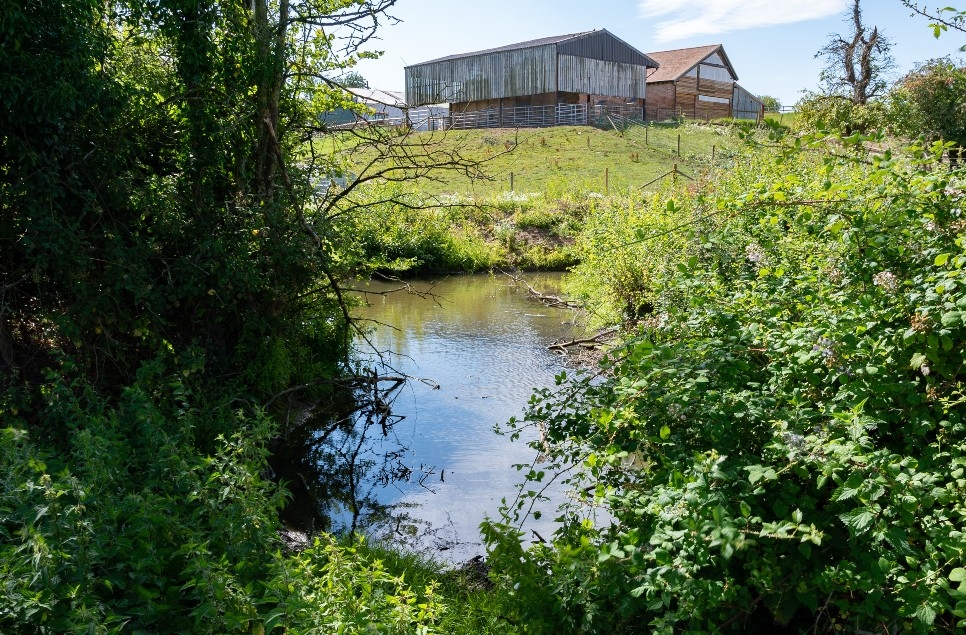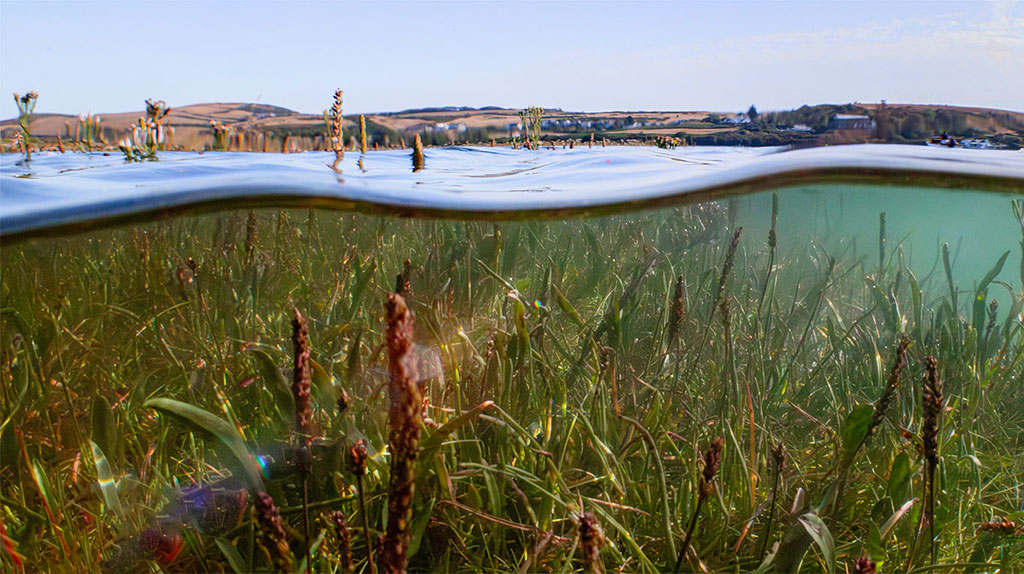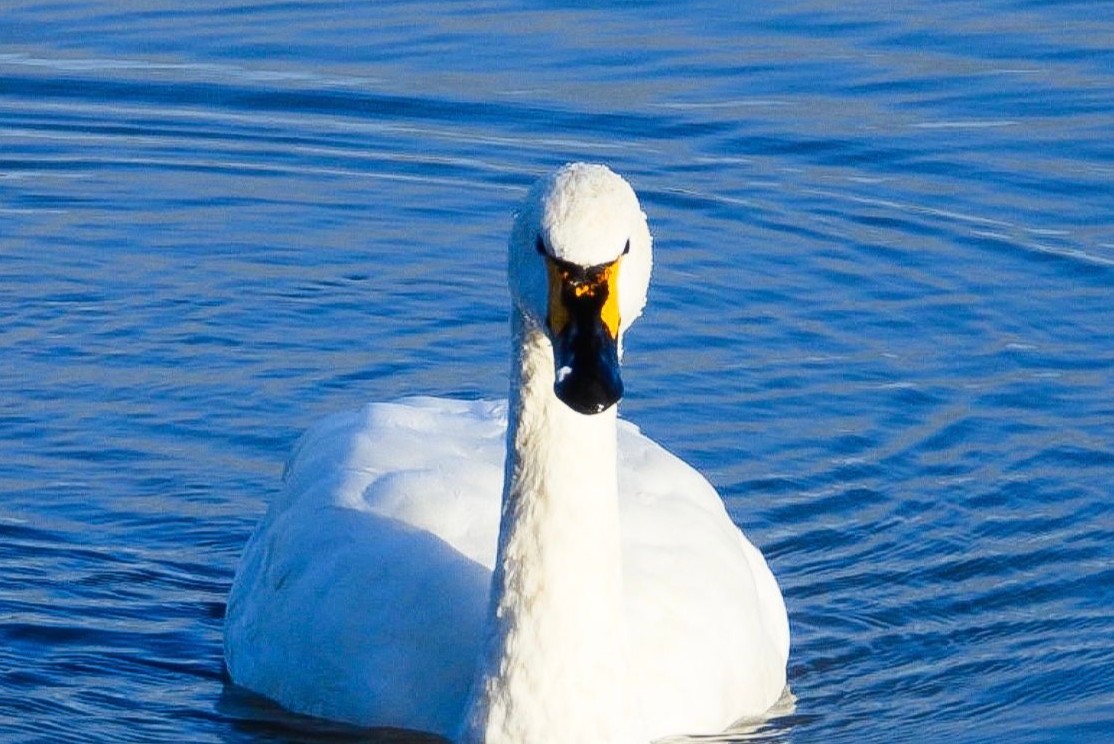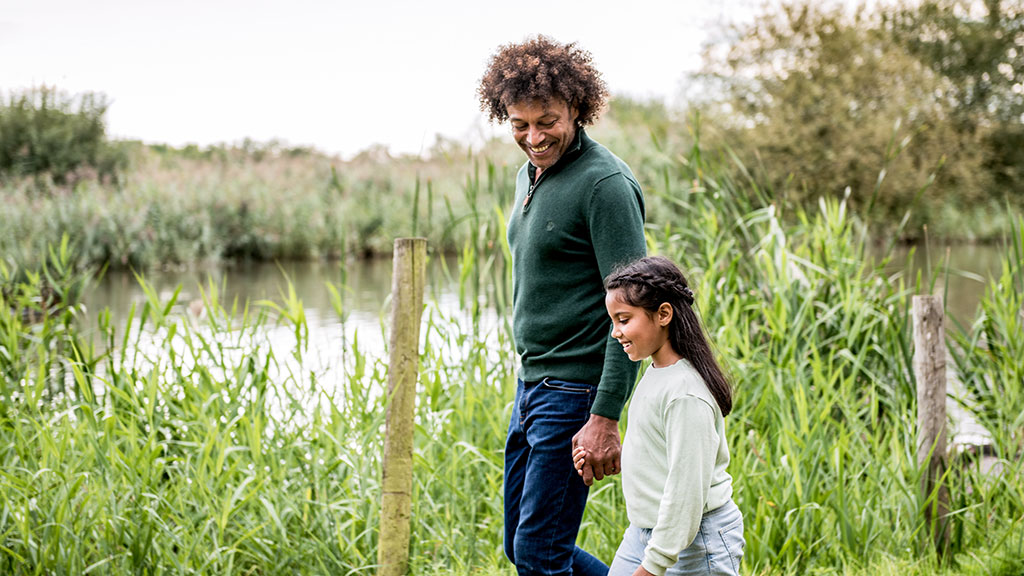Farmland boost for wetlands welcomed by WWT
A new UK Government scheme to pay farmers to create and restore wetlands on their land has been welcomed by WWT as a “once in a generation” opportunity to help turn the tide on biodiversity loss and poor water quality.

A new UK Government scheme to pay farmers to create and restore wetlands on their land has been welcomed by WWT as a “once in a generation” opportunity to help turn the tide on biodiversity loss and poor water quality.
Environment Secretary George Eustice today announced that the new Environmental Land Management scheme would help halt species loss, restore habitats, and encourage more sustainable management in England.
Under one of the schemes, farmers will be invited to bid for 10 to 15 pilot projects covering a total of up to 10,000 hectares in the first two-year phase of the project. These schemes could involve re-wilding or other forms of land management – including building and restoring biodiversity-rich wetlands.
WWT’s senior policy and advocacy officer, Hannah Freeman said:
“WWT is calling for a blue recovery through the creation of 100,000 hectares of healthy wetlands and we welcome this once in a generation opportunity to give farmers and landowners the tools to turn the tide on biodiversity loss and poor water quality.
“The UK Government’s Environment Land Management scheme is key to creating wetlands, and we were particularly pleased to see that restoring England’s streams and rivers and native species such as the curlew will be a focus of the first round of Landscape Recovery pilots.
“We know that the intensification of agriculture is one of the biggest drivers of nature’s decline and that agriculture is the major cause of the degradation of wetlands globally – so any effort to give land “back to nature” is to be welcomed.
“But as well as being the most nature-rich habitats on the planet, wetlands also offer multiple benefits such as storing carbon, cleaning water, managing flood risk and helping our health and wellbeing. Enabling farmers to work together and combine funding with other sources helps to maximise the potential for delivering multiple benefits.”
Hannah said today’s announcement was an important next step - however success depended on how the schemes would actually be delivered and WWT awaited further detail. She believed that it needed to include ensuring farmers meet a baseline of good environmental management.
“Although we support paying farmers to enhance our environment, it is important that these payments sit alongside a regulatory system which ensures that all farmers are doing their bit and does not tolerate pollution, especially at the expense of other farmers,” she said.
WWT is already working with farmers and landowners to install natural flood management measures and improve water quality – including the Two Valley’s Project in West Somerset. We are also involved in schemes to help increase the number of ponds on farmlands – which are important for native species including farmland birds and pollinators. We have also created guidance and training for Government advisors to facilitate the creation of wetlands.



